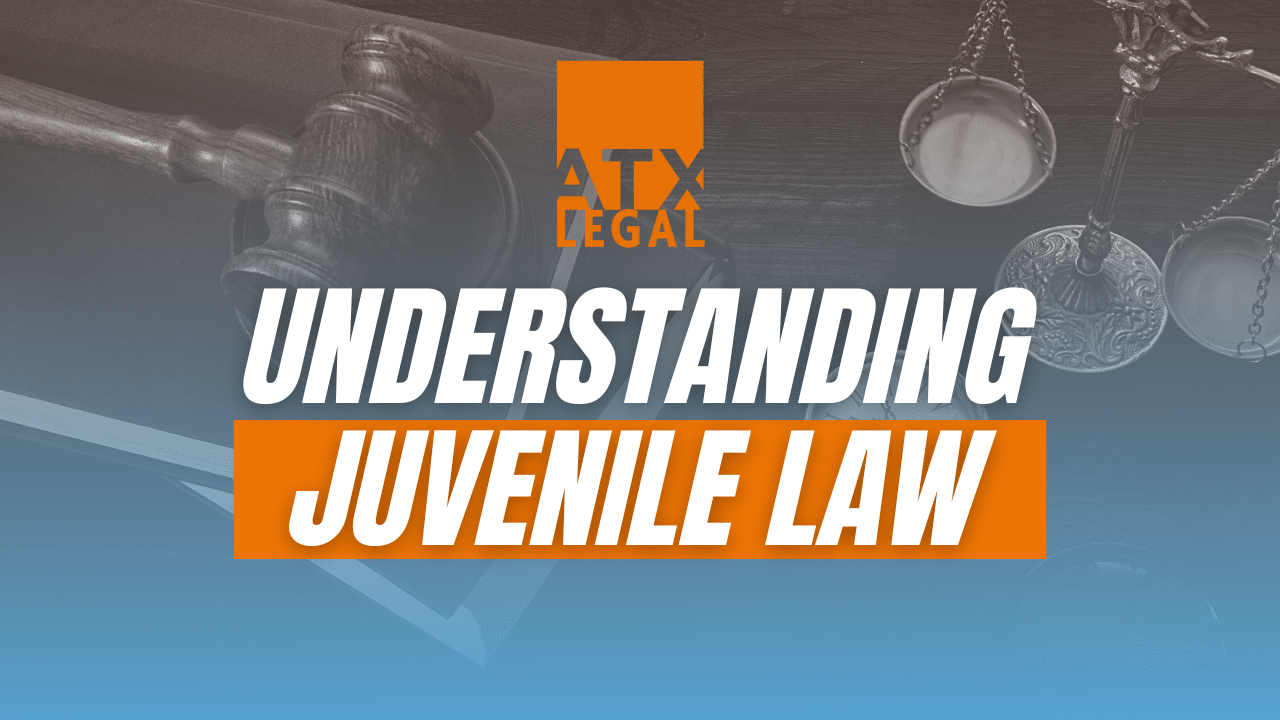Juvenile Law – What happens if my child is accused a crime in Austin?
You might not have expected that your child would ever be accused of a crime. It can be confusing and frightening if it happens. There are a lot of unknowns. Are the accusers telling the truth? Is your child telling the truth? Will he be arrested? Detained?

The Process
In some ways, juvenile proceedings are exactly like adult cases. The police investigatory process is basically the same. If the police feel there is enough evidence to bring a charge, they will turn the case over to a prosecutor. A “summons” is issued, which is basically a warrant for arrest. Once arrested, the child goes through booking and then a detention hearing is held. In Austin, this process occurs at the Gardner-Betts Juvenile Center at 2515 South Congress Ave.
There is no such thing as “bond” in a juvenile proceeding. In a detention hearing, the judge is simply trying to determine if the child can go home with his family. The judge will consider whether the child:
is likely to abscond;
lacks adequate supervision;
lacks a parent or other person to return him or her to court when required;
is a danger to himself or may threaten the public safety; or
was previously adjudicated for delinquent conduct and is likely to commit an offense if released.
In most cases, first-time offenders will be released if a family member is present to accept responsibility for the child. In Austin, if the child is detained, he is entitled to another detention hearing within 10 days.
Outcomes
Everything described above is very similar to adult criminal proceedings. However, there are key differences in juvenile proceedings that I will discuss now. The biggest differences lie in the general objectives and focus of the court. In adult cases, the focus is often on penalizing a person for their crime, while juvenile court is focused on rehabilitation.
The reason for this is simple. Scientific studies (as well as common sense) suggest that juveniles are more easily rehabilitated than adults. Their minds are still impressionable, and they often respond well to alternative forms of adjudication. Society is not served by blindly sending children into custody.
Because of this, juvenile proceedings often proceed more quickly than adult cases. Many times a prosecutor will offer a probationary period during which the proceeding is “suspended.” Once the child successfully completes probation, the case is dismissed. Probation can include a number of conditions like drug testing, community service, or therapy. Often the child’s family is included. If a child’s parents sign a court order, they can be bound to the conditions and be held responsible if, for example, the child does not attend court appointments or pay restitution he owes.
Juvenile Records
One final way that juvenile proceedings go more smoothly than adult proceedings is that juvenile records are highly guarded. In most cases, they can never be disclosed to the public, and are “sealed” automatically after a two year waiting period. This is slightly different than an expunction in adult proceedings, and there are some exceptions to this rule, so be sure to ask your attorney if your records will be sealed.
You can also have the record sealed sooner by petitioning the court once the child completes his or her probationary period. With your child’s record sealed, he can go forward with a “clean slate”.
When should I hire a lawyer?
A lawyer can help at many stages in the process. Before your child is charged, a lawyer can help in communicating information to the police. As with investigations into adult crimes, it is almost always better not to talk to the police when accused of a crime.
If your child is arrested, a lawyer can help speed the process of the arrest, and help ensure that the child is not arrested at school, or some other public place, but instead can schedule a time to turn himself in. An attorney can also help ease your mind about possible outcomes for your child’s case. Finally, an attorney can help with petitioning to seal records once the case is complete.
One more important note: Some juveniles (especially older juveniles accused of serious crimes) can be tried as an adult if the prosecutor requests to do so. In cases where this is a possibility, it is very important to hire a lawyer as soon as possible.
Rob Chesnutt practices juvenile law in Travis, Hays, and Williamson counties. This blog does not constitute legal advice. For a free phone consultation, call 512-677-5003.


